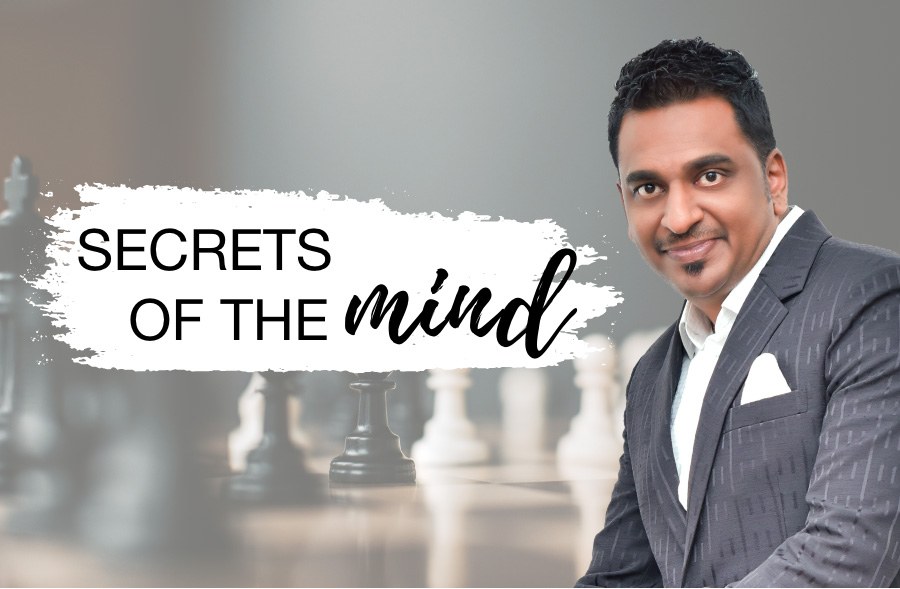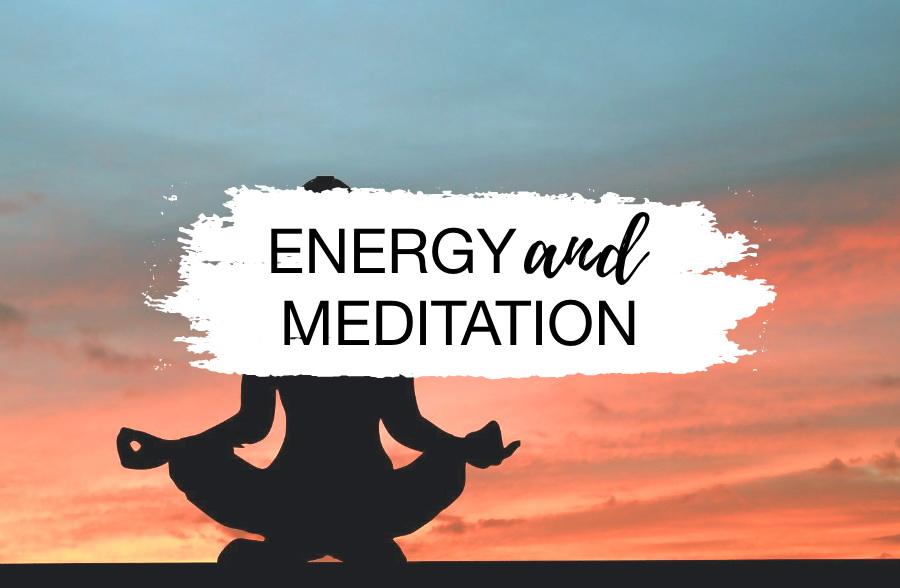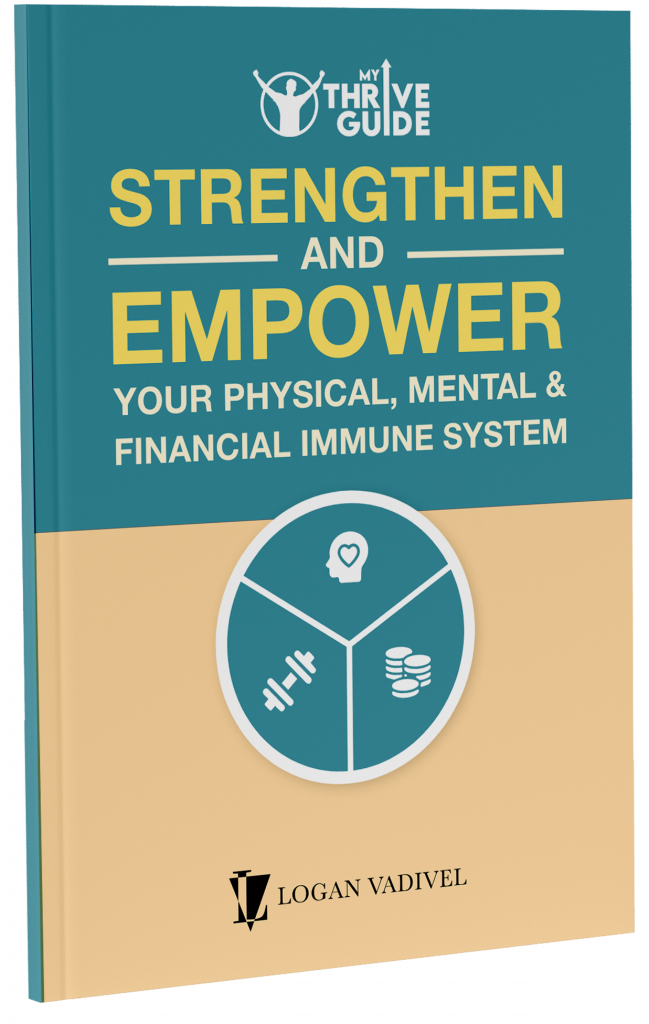As humans, we are constantly undergoing emotional transformations daily. Some days we are elated; joyful and excited over even the tiniest instances, and then there are days when we are gloomy, sad, frustrated, and nervous. There can be a whole debate surrounding the factors which cause this diversity in emotions, but it is safe to say that there are various internal and external factors that cause these emotions.
Most people are just victims of their emotions carried from past incidents (memories) or future incidents (which only exist in their imaginations). This problem can be overcome by learning to live in the present moment. The idea is to be in control of your emotions, rather than your emotions controlling you, and not be overwhelmed by the past or the future. Mindfulness is the key which helps you to cherish and enjoy the present moments.
You would be surprised to know that some of the emotions you feel are intentional, which means you are allowing yourself to experience them. You want to feel a certain way, be it good or bad. But some emotions are far beyond your control. They function against your will, and even if you try to battle them, they will make their presence felt. As a result of your involuntary emotions, you will end up making rash decisions which you will have to regret later.
The ability to experience and express your emotions is far more complicated than you think. Playing a key part in any situation, your emotions play a vital role. When your emotions are in tune, you can seek help from them in making decisions, everyday interactions, and self-care, as emotions can be helpful in life, but they have the potential to cause damage if they go beyond control. Even positive feelings of joy can be too difficult to manage at times. Your emotion management skills are directly linked to your well-being, so you need to be cautious about them.
Therefore, it is very important to know the correct handling of emotions. You need to understand that suppressing your emotions won’t do you any good, on the other hand, managing your emotions isn’t as easy it sounds. Suppressing them may seem effective at the moment, but later down the path, they will do more harm than good. Ignoring them won’t make them go away.
If you feel heartbroken at some point, accept it, and try to overcome it. On the other hand, if you try to ignore your intense emotions surrounding your heartbreak, it won’t go away and make matters even worse for you. Managing your emotions is the right course of action to follow. But this art can’t be mastered overnight, as it takes practice and consistency. Scientifically, the part of the human brain which controls emotions is called the limbic system. It is the older part of the brain too, and this is why things which are old and embedded in your nature are pretty hard to transform.
Here are some important points that can be helpful in your journey.
- Analyze the impact of your emotions.
Intense emotions aren’t that bad; rather they are responsible for making life beautiful, vibrant, and exciting. Intense feelings are visible signs that you are not suppressing your natural feelings. The problem arises when these intense emotions create conflicts in relationships, trouble in the workplace, or any physical or emotional outbursts. Find someone who can help you assess your situation and identify the root cause.
- Focus on regulating your emotions, not repressing them.
You cannot repress your emotions, this way you will abstain from experiencing them. But they are manageable. During your journey to control your emotions, you don’t need to sweep them under the rug. All you need to do is to strike a balance between healthy and unhealthy emotions.
- Identify your feelings.
Take a moment to analyze your feelings before managing them. There are many instances when you feel like you are on the verge of screaming, or hurting yourself. Instead of doing the negatives, pause and question your assumptions about the situation. What is making you feel the way you are feeling and what can be better alternatives.
If you are not aware of your own emotions, how will you control them? Experiencing an outburst of different emotions during a short period is daunting, and identifying them all is harder.
Give yourself some much-needed space and divert your negative energy. Go for a long walk outside. Never go for a drive when you are feeling agitated, angry or upset. Think positive and reaffirm yourself. Though this is going to be difficult at first, with constant practice, you can effectively manage your emotions.
- Accept your emotions.
If you are trying hard to manage your emotions, try skimming through them. Train yourself to not freak out or get extremely elated when you undergo intense emotions. Tell yourself to stay calm. No doubt it is something too large to handle but that is what you need to manage. Accept your emotions, otherwise you will not be able to control them. Think of ways in which you can plan comfort in distressing situations, as you will not resort to unhelpful ways. Consider your emotions as messengers, they aren’t good or bad, they are just conveying a message from your brain with useful information about yourself. Accepting them can lead you to a better-fulfilled life.
- Ask yourself why?
You need to question the presence of your emotions surrounding your happiness or sadness. Is it because of something someone said or any other instance? Why is a particular event triggering your intense emotions? There are some questions that you need to ask yourself, just like a compassionate friend would. Put yourself in a third-party scenario and find an answer to them.
After you have answers to your questions you can start working them out. If you feel sadness, what can you do to overcome it? Maybe it is a bad day at work, or maybe it is an inevitable situation, which you couldn’t do anything about. Sometimes the instance is just in your mind because you are feeling that way. If you change your mindset, the emotions will go away on their own. It is because we humans tend to overthink situations, and this is exactly the root cause of many problems in our daily life.
Besides, these tips, try the following methods as they are helpful too. Designate a journal to record your moods. Mention your intense moments and their triggers to stay away from them in the future. Practice deep breaths, even if you are very happy. Understand your vulnerabilities and give space to yourself. Meditation helps a lot as well.
Making decisions under extreme emotions.
If you ever make decisions while you are under an intense emotional phase, chances are bright that the results will be tricky and far from what you expect them to be. Thus, decision-making should be done with both logic and emotions under a cool and calm ambiance. If you only use one, the outcome will be unbalanced, or not support your needs. Instead, you need to combine your emotional responses with more rational considerations.
If you are angry, you tend to make quick and uncalculated decisions which will cost you a lot. Therefore before making decisions, you can make use of the following important points.
- Pause, and take a deep breath.
- Think about the repercussions of your actions.
- Try to analyze if your current strategies surrounding your decisions are rational or not.
- Ask yourself if you will be happy, sad, or furious with the possible outcomes of your decisions.
If you consider everything, you will be able to control your emotions and ultimately master everything. Inner balance and emotions are harmoniously connected. As a famous actor, Morgan Freeman said, “Self-control is strength. Calmness is mastery”. You have to get to a point where your mood does not shift based on the insignificant actions of someone else. Don’t allow others to control the direction of your life. Don’t allow your emotions to overpower your intelligence.”
The emotions that you feel control your inner balance. If you are constantly under pressure, nervous, anxious, or stressed out, you should not expect your inner balance to be in a healthy state. Therefore, you need time to relax, and let your inner balance function at its optimum.
How to cope with your emotions?
- Meditating daily.
A lot of mind coaches suggest meditation and yoga. With all that is going on with our lives, we forget about our existence. Rushing with daily chores silently puts us under pressure, creating a significant disturbance to our inner balance. Yoga can help restore calmness and increases functionality. When you sit in a calm environment alone with your thoughts, you allow the balance to be restored, which was previously distorted. Yoga can also be termed as a source to communicate with your inner self, by asking the questions and getting satisfying answers.
- Talking with a friend.
There is nothing on this earth that can parallel the company of good friends. Invest heavily in them; your time, energy, and resources too. God created friends for us to recline on their shoulders in trying times. Good friends are non-judgmental and that is why it makes it a whole lot easier to open up to them and find the inner balance. Make sure to be able to differ good friends from toxic ones, as the toxic ones can cause a lot of damage on so many levels, especially when we are in a vulnerable state. It’s best to cut ties with toxic people.
- Self-talking.
If you cannot muster up enough courage to bare yourself in front of absolutely anyone else, then try talking to yourself. This is something many people don’t consider doing but think of yourself as an individual who is engaging one-to-one with you. If talking to yourself feels too weird for you, replace it with journaling.
- Helping you while helping other people.
To overcome intense emotions, extend your cooperative hand to those who need you. While doing so, and in giving people what you have, you will forget your chaos and you will not have time to think about the gross realities in your life.
It’s not necessary that people may come up to you and express their concerns, or you need to have a high profile to help those in need. That’s not the case. Even the smallest deeds of kindness go a long way. Try to find the little things that can make a difference in someone’s life.
- Shifting your mindset.
A huge chunk of your life’s problems can be fixed by fixing your mindset. By realizing that you cannot alter the way people behave or situations occur, you will be at ease. Just take things in a stride and don’t let them overpower you. Accept people and situations as they are and affirm that you will not react negatively to them. Embrace them with grace, and try to work your way out of them.
Have an affirmative mindset instead of being slouchy or cranky. Take ownership of your life and work hard towards changing it the way you want it to be.
- Be creative.
That’s the most favorable way to get you out of emotional turbulence. God created everyone with a purpose. Identify your purpose in life. Identify the purpose of your creation. Channelize your energy in doing something productive. Your journey to self-discovery can be for your good and for the community you live in as well. It can be anything, from learning a new hobby to mastering a previous skill like baking, cooking, gardening, crocheting, knitting, etc. Furthermore, you can work for your community by volunteering for any charity drive. There are endless options in this regard.
If you choose to be on the adventurous side of life, engage your leisure time in surfing, diving, swimming, fishing, and all similar activities. Your imagination is the limit here.
Controlling your emotions and having inner balance will impart Emotional Intelligence.
Emotional Intelligence is your ability to understand and manage your emotions, and those of the people around you. People with a higher degree of emotional intelligence know what they are feeling, what their emotions mean, and how their emotions can affect other people.
Emotional Intelligence will help you build stronger relationships, succeed at work, and help you soar high in your personal goals. Meanwhile, it can help you connect with your feelings, turn intentions into concrete actions, and make informed decisions about things that matter most to you. This is why many successful people claim that their emotional intelligence has helped them climb the ladder of success.
Being emotionally intelligent is a healthy trait, as it gives you a clear perspective of what is going on around you and how you should react.
Lastly, you should remember that you cannot refrain from your emotions; rather it is safe to embrace them. They will help you maintain well-being, and restore your inner balance. Don’t be among those who either don’t think about their feelings or couldn’t care less. This will suppress your emotions and put you in a bad mental state. Rather, you should master the art of controlling your emotions and be mindful. Understand your emotions, work with them, and pave your way out to lead a stable and healthy life. LEARN TO LIVE IN THIS VERY MOMENT!








